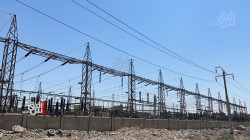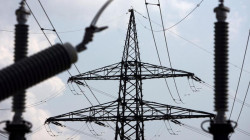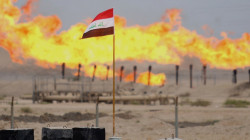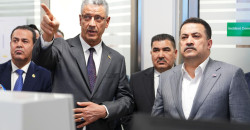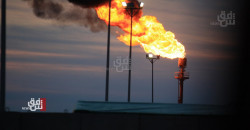Chinese projects drive Basra’s environmental and energy transformation
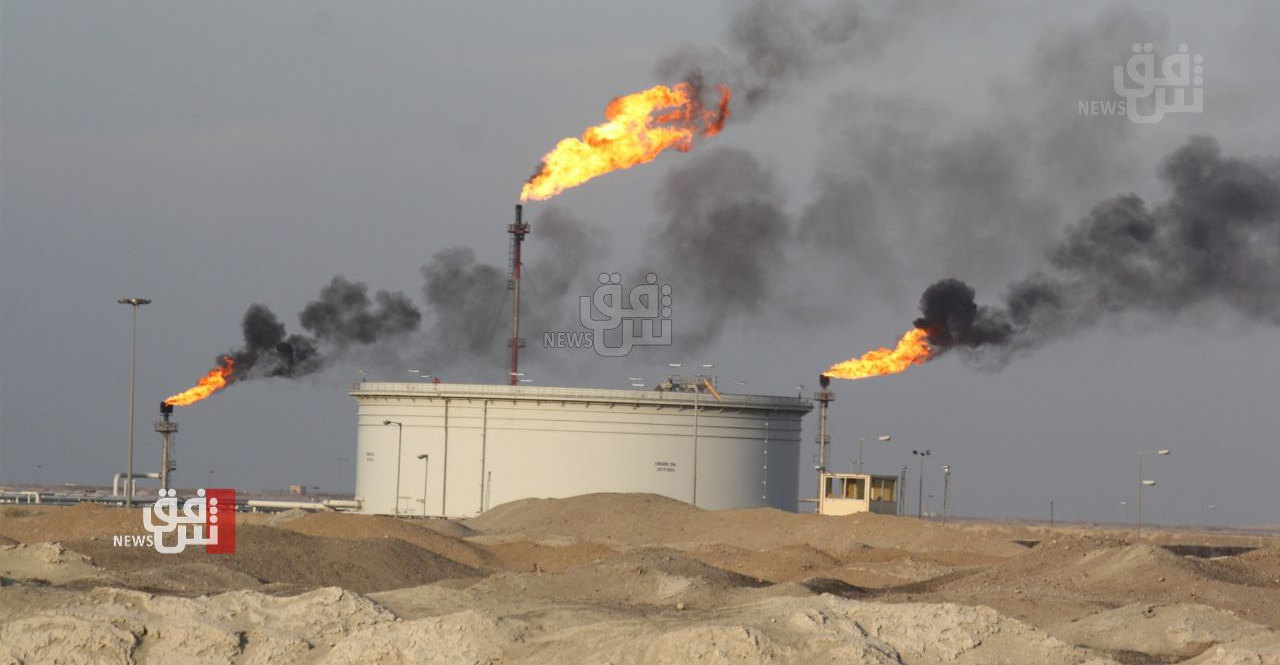
Shafaq News/ Chinese-led environmental projects are making waves in Iraq’s Basra, a city long overshadowed by the effects of associated gas flaring from oil and gas fields.
According to a report by the China Daily, these initiatives are not only addressing environmental damage but also helping Iraq tackle chronic energy shortages.
For decades, Basra’s industrial prominence has come at a steep environmental cost. Associated gas flaring polluted the air, leaving residents grappling with health risks and environmental degradation. Today, signs of change are evident.
“The air in Basra is much better now,” Hussein, a local petroleum engineer, told the China Daily reflecting on the noticeable improvements. “Even on this crisp winter morning, the difference is clear.”
This transformation is credited to a series of initiatives, referred to locally as “Blue Sky Projects,” led by Chinese companies. These projects aim to reduce pollution, improve air quality, and enhance energy efficiency.
A key development is the Basra Natural Gas Liquids Project, established by the China Petroleum Engineering and Construction Corporation. This facility processes associated gas from three major oil fields, preventing harmful emissions and converting the gas into usable energy.
According to the China Daily, project manager Sun Baojun highlighted the facility’s impact, saying, “Every cubic meter of gas we process is one that won’t be flared into Basra’s skies.” The plant processes 4.4 million cubic meters of dry gas and 2,600 metric tons of liquefied petroleum gas daily, supplying much-needed energy to nearby communities that have long struggled with electricity shortages.
The sprawling Rumaila oil field has also witnessed significant improvements. Historically marked by thick black smoke from outdated chimneys, the field is undergoing a transformation with new flaring systems set for completion by February 2025.
“By then, Basra’s skies will be bluer, and the air even cleaner,” Wang Jingyang, the development project manager at Rumaila, noted according to the China Daily.
These efforts extend beyond gas processing. Chinese engineers are helping Iraq utilize its abundant solar energy. A new one-megawatt solar power plant in Rumaila, equipped with energy storage systems, marks a step toward renewable energy. While expected to reduce carbon dioxide emissions by 1,600 tons annually, the project symbolizes a commitment to sustainability.
Speaking to the China Daily, Wang Xianghui, Deputy General Manager of the Middle East branch of the China Petroleum Engineering and Construction Corporation, emphasized that embracing green development is a fundamental social responsibility for companies contributing to the high-quality advancement of the Belt and Road Initiative. “We aim to play our part in building a ‘Green Silk Road,’” he said.
For Iraqi officials, these projects are milestones in the country’s industrial evolution. Iraqi Oil Minister Hayan Abdul Ghani lauded the initiatives during the inauguration of a liquefied natural gas project. “These projects are not just environmental victories but also economic ones, improving livelihoods and enhancing air quality,” he told the China Daily.
Despite progress, challenges remain. According to World Bank estimates, Iraq wastes nearly 17 billion cubic meters of natural gas annually through flaring, highlighting the need for continued innovation and investment.
For residents like Hussein, the improvements are personal. “Cleaner air during my morning commute is a small change, but it symbolizes significant progress,” he said, describing the developments as a hopeful step toward balancing industrial strength with environmental responsibility.

